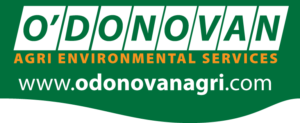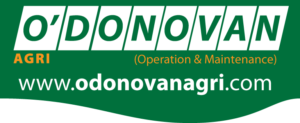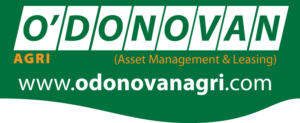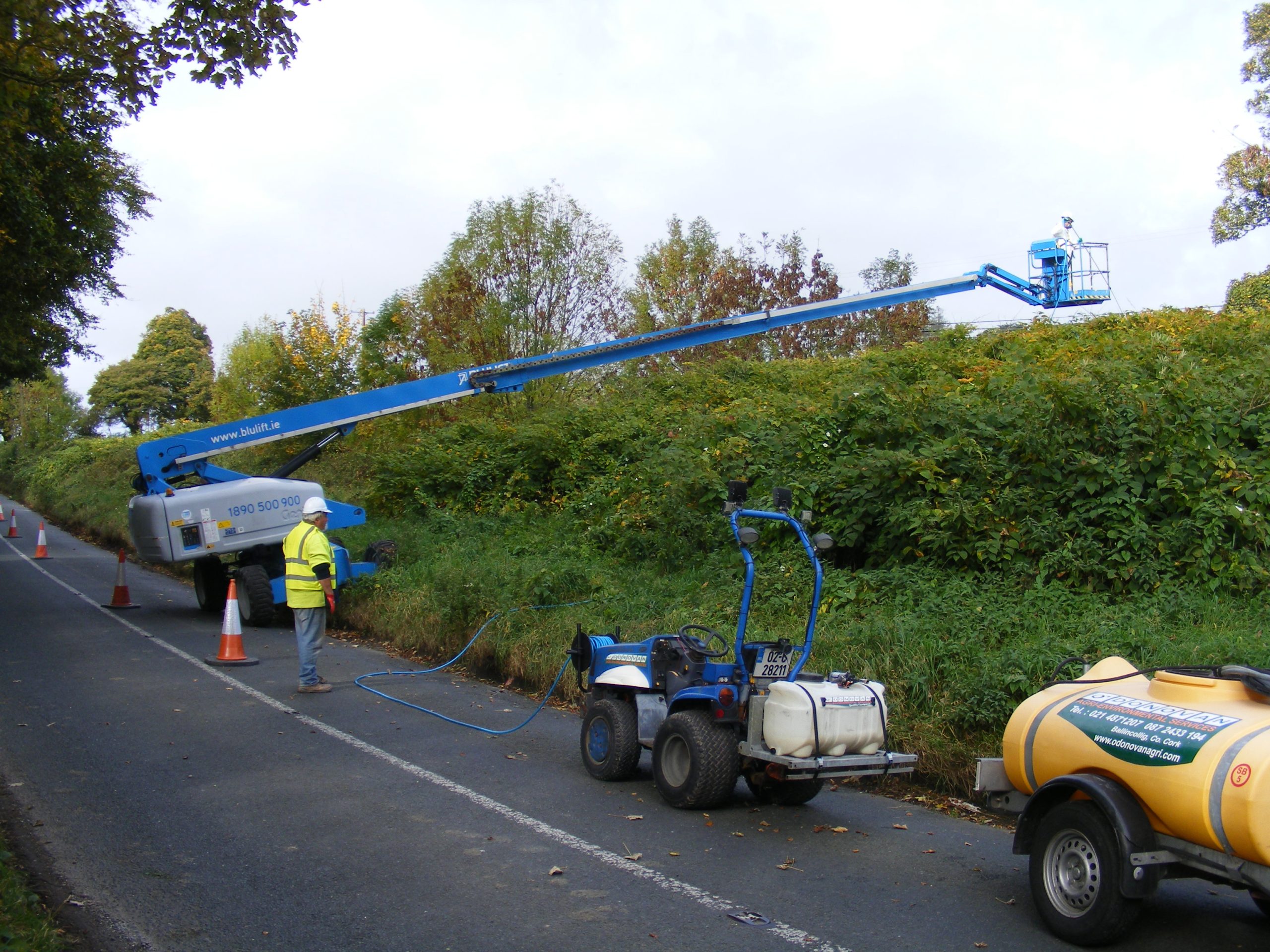Japanese Knotweed & Invasive Species Control Specilists
What is Japanese Knotweed?
Japanese knotweed while a very attractive ornamental plant when at it’s flowering stage is as devasting to your property and financialy to to your pocket as Foot & Mount disease is to a herd of cattle and to their owners pocket.
Japanese Knotweed is the most invasive plant known in Ireland & Britain today. The plant originated in Japan where it thrives on disturbed ground. It was introduced to the UK in the early 19th Century as an ornamental plant also being used as a feed crop for cattle. The Victorian horticulturalist who introduced the plant could not have envisaged the devastating impact Japanese Knotweed would have.
It is effectively a giant herbaceous perennial which grows at an alarming rate of up to 10cm per day in any type of soil. It forms dense clumps of up to 3m (10ft) in height. Japanese Knotweed thrives on disturbance and spreads by natural means and by human activity. Very small fragments of rhizome (underground stems), as little as 0.7g - approximately the size of a fingernail - can produce fresh new plants. But it is below ground where this invader causes the biggest problems, as each stand creates a rhizome network that can extend to 3m in depth and 7m in all directions. This makes it a serious threat to construction where it can have devastating consequences damaging foundations, drains and other underground services.
Why is Japanese Knotweed a problem?
The speed at which Japanese Knotweed has spread throughout Britain & Ireland has been nothing less than spectacular. The damage it has already caused to commercial and domestic sites is practically unquantifiable and it now occupies a site in every 10km of England and Wales and is also present to a lesser extent in Scotland, however incidents are now becoming more frequent here in Ireland too. The aggressive growth pattern is capable of exposing weaknesses in hard engineered structures such as concrete, tarmac, brick walls and foundations.
It is now classed as “controlled waste” under the Environmental Protection Act. Movement of the weed or its debry requires a permit that has to be issued by National Parks Wild Life Service in Ireland. It is now an offence to spread or cause the spread of this invasive species in Ireland .
What is different about this plant compared to any other weed plant?
The way in which the vascular system operates within Japanese Knotweed is differrent compared to most other plants. This system is best described as its digestive & blood system. The plant has a hugh under ground rhizome system where it stores its food and energy source over winter to give it a quick aggressive start in spring. Throughout its growing season food movement is all one directional in its vascular system, hence why it is most difficult to kill this plant. Attempting to cut or treat this plant by a non Japanese Knotweed control specilist will result in making the situation worse and possibly create an “out of control” scenario. Applying ordinary weed killers (herbicides ) can stimulate the plant to grow more aggressively, signs of amature treatment can initialy show die back in the plant stems, then gradually stem colour changes again and re- growth re appears in a very strenghtened & aggressive manor as the plant “fights” the introduced chemical and “wins”. In many infestations over five years of age, under ground dormant rhizomes exist, incorrect herbicide adminstration can trigger these rhizomes out of dormancy and the infestation begins to grow under ground out of control .
It pays to be proactive - not reactive ... what do you think? If you have Japanese Knotweed or think you may have an infestation, please take the following steps ...
1. DO not cut or trim the stems or leaves
2. Keep animals away so as not to spread the plant viability
3. Contact us immediately for a site survey & quotation for treatment & removal.
O’Donovan Agri & Environmental Services is recognised as the only specilist in Ireland for the sucessful treatment & removal of this invasive species plant.
O’Donovan Agri & Environmental Services provides additional professional ecological & environmental consultancy for the preparation of Management Plans, Movement Licensing Applications to NPWS, Bio Security Systems on site & On Site Construction Planning including Site Investigation & Design Works.

O'Donovan Agri Environmental Services Agricultural , Horticultural & Environmental Consultants, Ballincollig, Co Cork.
Tel: 021 4871207 • Fax: 021 4871411 Mobile: 087 2433194

O'Donovan Agri (Operation & Maintenance) Ltd Carriganarra, Ballincollig, Co Cork.
Tel: 021 4878036
Mobile: 087 2433194 / 086 2433194 / 086 1758046

O'Donovan Agri (Equipment Sales & Services) Ballincollig Commercial Park, Link Road, Ballincollig, Co Cork.
Tel: 021 4873020 • Mobile: 086 1758042

O'Donovan Agri (Asset Management & Leasing) Castleview House, Ballincollig, Co. Cork.
Tel: 021-4871207 • Mob: 087-2433194

O'Donovan Agri (Event Solutions) Carriganarra, Ballincollig, Co Cork.
Tel: 087 2433194 / 086 1758046

